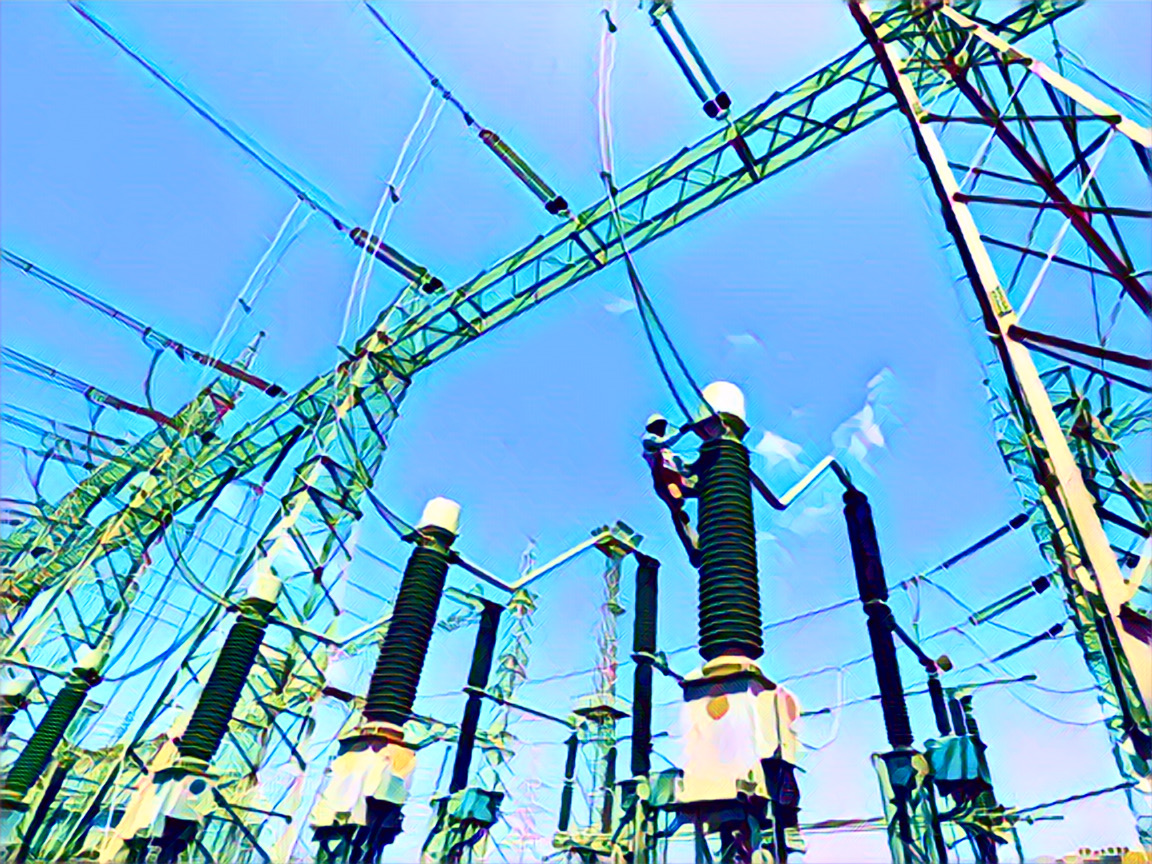KEY POINTS
- Nigeria’s power generation fell by 45.4 percent to 2,753 MW.
- Gas shortages and outdated transmission lines are major causes.
- NERC Chairman urges industry stakeholders to find solutions.
Nigeria’s power generation has been reduced by 45 percent, which has led to an accelerated downturn in power, from a peak of 5,040.72 megawatts (MW) earlier in the week to just 2,753 MW. This was after the country had for a while generated a slightly higher level earlier in the week.
Data from the Nigeria Electricity System Operator (NESO), a division of the Transmission Company of Nigeria (TCN), shows that the day started with a peak of 4,370.14 MW around midday, but by the evening, power generation had plunged to 2,777.04 MW.
Just days ago, Adelabu had announced a record high of 5,313 MW on the national grid, claiming it was the highest power output Nigeria had achieved in the past three years. However, data from NESO contradicts this, showing the actual peak generation on that day was only 4,805.59 MW, with the grid closing at 3,940.49 MW at midnight.
Energy sector insiders have explained that the declining Nigeria’s power generation can be traced to limited access to gas by the thermal stations and old and poorly maintained transmission lines. “Thermal stations, which form the basis of Nigeria’s electricity generation, can hardly produce optimally if there is no gas.” Moreover, the national grid has also been characterized by a weak transmission network that reduces the chances of electricity distribution in the entire nation.
Nevertheless, the above-stated problems have had few positive impacts, especially after the latest changes to billing for Band A consumers. These are usually the households and business entity customers who already have a relatively steady supply of power, and while there’s improved bill payment, power is not delivered as and when needed.
NERC calls for power sector overhaul
In his reaction to the trend, Sanusi Garba, the Chairman of NERC, called on the stakeholders, especially the investors and owners of the DISCOs, to come up with solutions and not excuses for the reasons. This can be evidenced by a meeting recently had with Garba, where he urged for aggressive measures and advocated for new approaches that could lead to massive advancement of the sector. He said that the Commission would support any measures that would provide better and more stable methods of power distribution in the country.
The liberalization of the complete sub-sector
According to Vanguard, Power Sector experts, including Adetayo Adegbemle, who is the Executive Director of Power Up Nigeria, stated that more profound changes are required for a lasting change. In Adegbemle’s opinion, Nigeria must liberalise the power sector as a precursor to speedy and broader coverage of electricity within Nigeria. He noted that energy poverty remains a reality in the country and stressed that it is counterproductive to reason electricity as a ‘national cake’ that has to be divided equally.
According to Adegbemle, the way forward is in the methodology of charging the right tariff for electricity, dismantling subsidies, and developing new funding mechanisms to universalize the electricity meters. If subsidies are withdrawn, we can capture efficiencies in the sector, which can attract private players and healthy competitive pressures that would be healthy for the consumers.
“The only way is to get the right price for electricity, scrap subsidies, and deregulate the sector,” he said. He also pointed out it will remain a nightmare for Nigeria to have a constant power supply until it changes its style of distributing and pricing energy.


